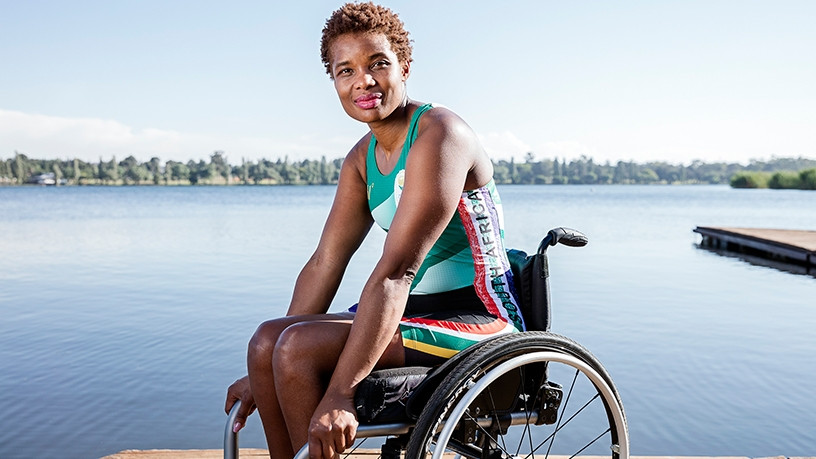
The Toyota Mobility Foundation, in partnership with expertise hub the Nesta's Challenge Prize Centre, is calling on technology start-ups to take part in the newly launched Mobility Unlimited Challenge.
According to the parties involved, the Mobility Unlimited Challenge is a $4 million global challenge that invites technology start-ups and innovators to create solutions to improve the mobility and independence of people with lower-limb paralysis.
Charlotte Macken of Nesta's Challenge Prize Centre explains: "Thechallenge aims to attract and support smaller innovators who might otherwise struggle to break into the assistive technology market and will reward the development of personal mobility devices incorporating intelligent systems. The mobility solutions of the future could include anything from exoskeletons, to artificial intelligence and machine learning, from cloud computing to batteries. Innovation in 'smarter' mobility technology has the potential to create personal devices that are better integrated with the user's body and the environment. The application, however, of this technology is slow due to impediments such as small markets, though regulations, and reimbursement complexities from healthcare systems and insurers."
The challenge will take place over a three-year period between November 2017 and September 2020 where a process of selecting five finalists will each receive $500 000 to take their concepts from an intelligent insight to a prototype. "We're giving potential entrants nine months to maximise the range of entries, concepts and ideas. In August 2018, the challenge will close to new entries and the panel of global experts will begin the process of judging the entries," noted Ryan Klem, director of programs at Toyota Mobility Foundation.
At the same period, an additional $50 000 will be given to each of ten other finalists whom prove to have promising concepts. By 2020, the chosen overall winner will receive $1 000 000 to make the device available to the general public.
Global ambassador of the challenge Sandra Khumalo, who is a South African Paralympic rower, says initiatives such as these are encouraging to people who are living with lower-limb paralysis. "I understand the power of the freedom to move, and how crucial technology that works with the body can be. The smart technology the challenge is looking for could bring full independence of people living with disability and in so doing change lives."
The Toyota Mobility Foundation was formed by Toyota in 2014 with the aim of creating a mobile society that will empower peoples live. The foundation uses the motor company's knowledge in technology and research to address mobility issues around the world.
Other successful projects funded by the institution include the IBot mark 2 - a stair-climbing wheelchair, and Human Support Robot - a 'partner robot' to assist people with everyday activities as well as Project BLAID, which is a wearable device for the blind and visually impaired that helps gain better environmental awareness.
Interested innovators can apply online at mobilityunlimited.org.
Share